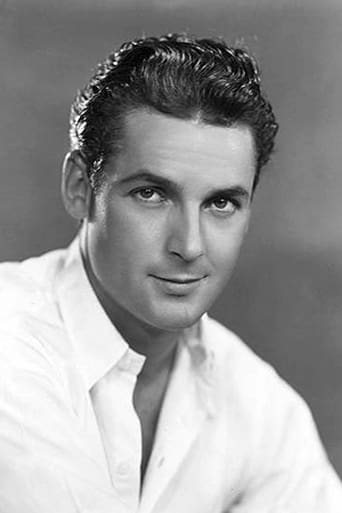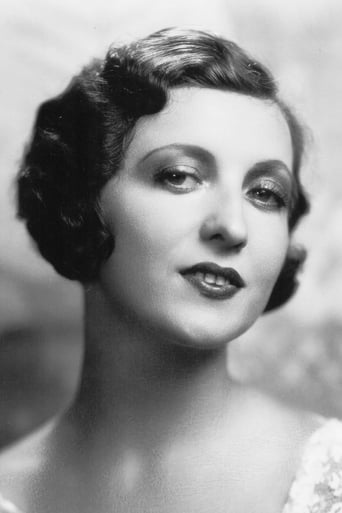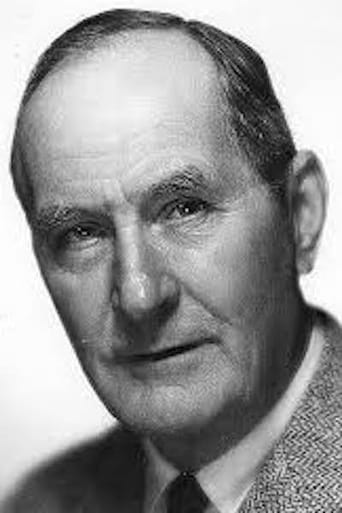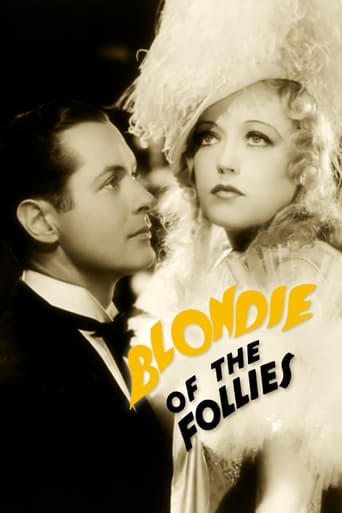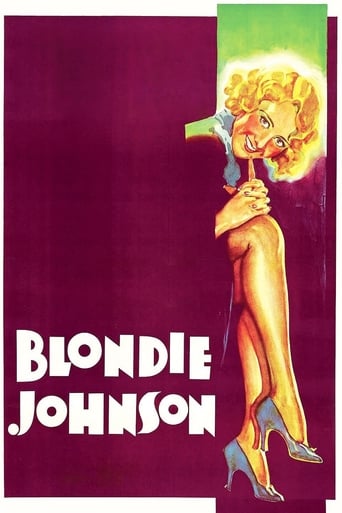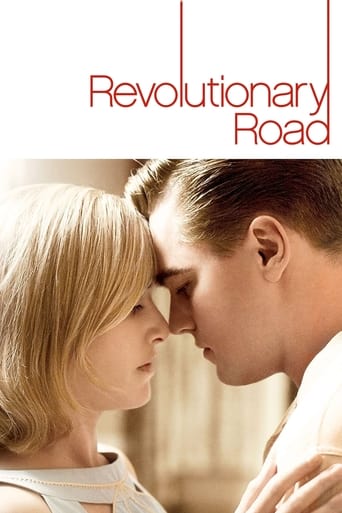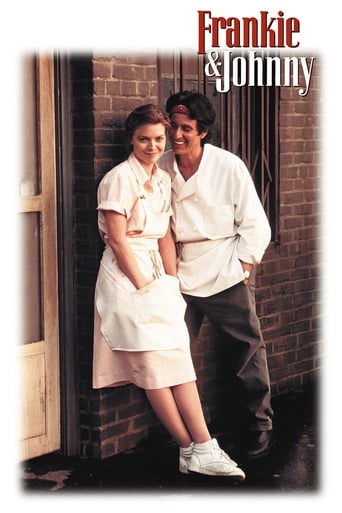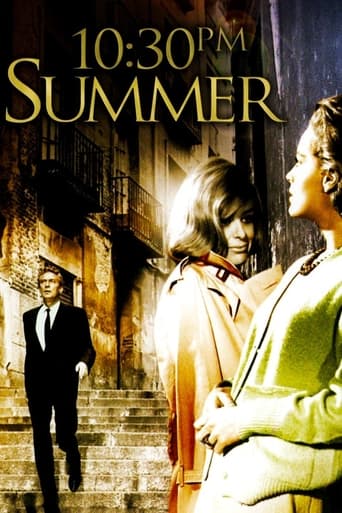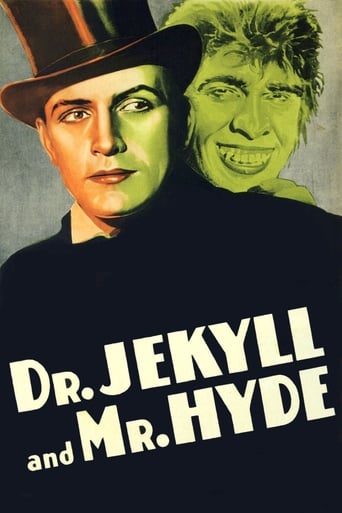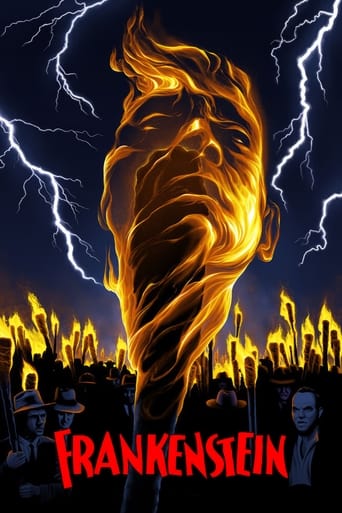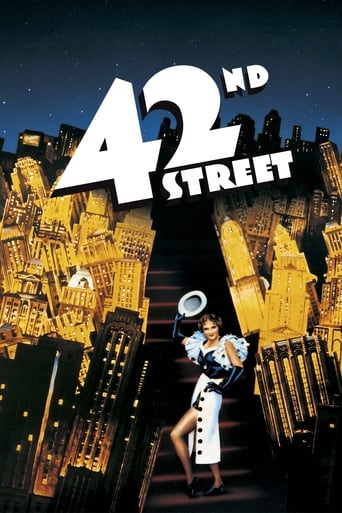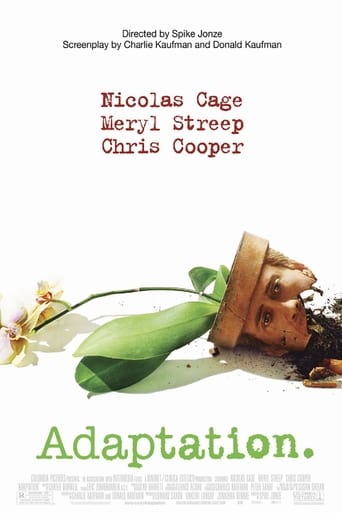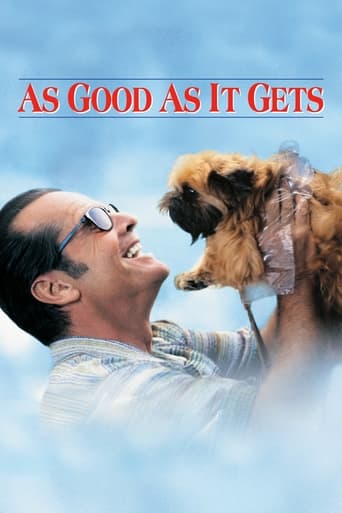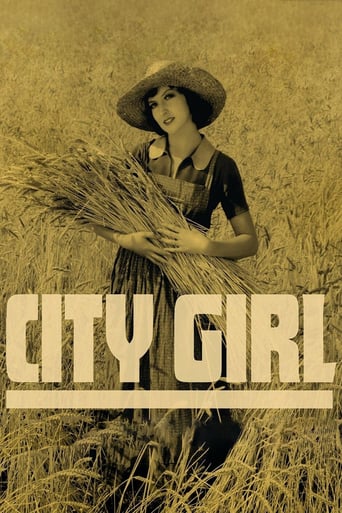
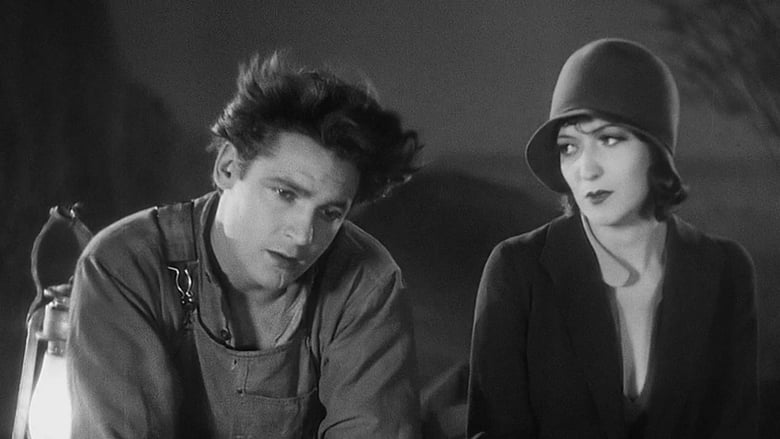
City Girl (1930)
A waitress from Chicago falls in love with a man from rural Minnesota and marries him, with the intent of living a better life - but life on the farm has its own challenges.
Watch Trailer
Cast


Similar titles
Reviews
Truly Dreadful Film
The plot isn't so bad, but the pace of storytelling is too slow which makes people bored. Certain moments are so obvious and unnecessary for the main plot. I would've fast-forwarded those moments if it was an online streaming. The ending looks like implying a sequel, not sure if this movie will get one
A great movie, one of the best of this year. There was a bit of confusion at one point in the plot, but nothing serious.
It's a good bad... and worth a popcorn matinée. While it's easy to lament what could have been...
That's exactly how the big city girl greets the hick in town hoping to sell his father's wheat crop. She happens to read his postcard to mom, already having noticed him praying and predicting exactly what he was going to order. But while corn is up, the wheat is down, something that the audience already knew by a view of the stock exchange. Romance quickly erupts between the two, but family suspicions threaten it over his father's belief that she's no good. Those suspicions increase thanks to a roughneck farmhand (Tom McGuire) and insinuations made by the others who work for Torrence. A wonderfully fast moving silent drama, re-mastered with a beautiful background score, often jazzy and frequently profound. I don't watch many silent films and wasn't aware that this one was, so imagine my delight in discovering it. Charles Farrell is a wonderful, if rather naive, hero while Mary Duncan adds many layers to her big city girl. I was glad to find out that she had a happy ending in life, although Hollywood's loss was Palm Beach's gain. The expressions in her eyes are remarkably sincere, so there is truly one of the great silent movie performances to watch. David Torrence and Edith Yorke are equally outstanding as Farrell's parents, expressing great love for their son, but totally different reactions to Miss Duncan. Yorke appears to be a bit older than Torrence, making her somewhat too old for her party Farrell, one of the most popular late silent era star, is equally good, showing a genuinely all-American look as the truly decent country kid. That's the future Anne Shirley as younger sister.Excellent direction by the legendary F.W. Murnau is matched by wonderful photography and quick editing so the film never drags. For novice viewers of silent movies (like me), this is a great one to start with, although I have seen several of the major ones over the years. Now it's time to move onto more!
Being a fan of F.W Murnau's horror films, like 1922's Nosferatu & 1926's Faust. I found the movie to be a bit disappointing. Don't get me wrong, I love his films that picturization the harsh realities of life, such in the case of 1924's the Last Laugh, but this movie is just a nearly a mirror image of his previous well-made film, 1927's Sunrise. While, Sunrise had a complex story, that mixed melodrama, romantic and thriller, well. This movie sadly didn't live up to that. Based on the play "The Mud Turtle" by Elliott Lester. The movie tells the story of a young woman, Kate (Mary Duncan), a waitress in a busy Chicago lunchroom who lives a dreary city life. She dreams of escaping the depressing realism city terms and returning to the romanticism beliefs of the countryside. She sees Lem Tustine (Charles Farrell) as her way out. Lem is a naïve and sweet-natured farm boy who has been sent to the city to sell his family's wheat crop. Over the course of a few visits, they fall in love, marry, and set out for the wheat-fields. Kate find out first-hand, that country life isn't what she dreamt, it could be, as Lem's harsh, tyrannical father (David Torrence), run and work his farm-hands hard in a nearly fascist dictator state. Can Kate survive farm-life, or will she leave back for the city? All of the acting is pretty well-done. Due to the director inability to secure the services of Sunrise star Janet Gaynor. The director was forced by the studio to substitute for Mary Duncan. She was chosen reportedly because she was the girlfriend of one of the Fox executives. I was disappointed to read that Mary Duncan gave up the profession just a couple of years after this movie wrapped as she had real star quality. Charles Farrell had a longer lasting career, before going into politics. He end, being the mayor of Palm Springs for a while. Both leads deliver tremendous performances in City Girl. David Torrence plays the formidable father figure with great vigor and is terrifying. His constant scowl works to overshadow the central romance. Still, his character never made much sense in the reason, why he is angry. The whole ending turn seem unrealistic, and unexplained as hell. Richard Alexander as Mac, the quietly devious but charming, love interesting/rival was alright for the most part. One thing, that the film seem to missing was the German Expressionism. Everything, here seems to be made in the style of American filmmaking. Gone are the exaggerated, fairy-tale world city sets that made movies like Sunrise stand out. Everything here was indeed control by the lower budget due to the Great Depression. The city sets were nearly limited to two scenes in a small studio. One is the busy diner, where Murnau captures city life as a bustling and crowded, as every extra seems in a rush to get to one place or another without showing much of the city landscape. Two is the apartment that Kate lives. Her apartment looks out over flashing neon signs and an elevated railway just inches from her window is thrown in for good measure. I was really hoping for more than that. The country sequences are poorly lit with characters using oil lamps in order to navigate the house and fields at night. There were a few impressive tracking shots, but for the most part. It wasn't used due to the change in locations. F.W Murnau wanted it in Minnesota, but due to budget, it was filmed in Oregon. You truly don't see much of the landscape in this film. F.W Murnau always used forced perspective in most of his films, but in this film. It was indeed, missing. Director F.W. Murnau wanted the title of the film to be "Our Daily Bread", but the studio refused, as the title might offended Christians watching the film. City Girl went on somewhat call 'the Intruder' in French cinemas due to misunderstand in language of the plot as people thought it was a murder mystery like Sunrise. City Girl was made in a time, where silent films were falling out of fashion for 'talkies' movies. While, the film, which had been shot silent. The studio scheduled to have parts of it re-shot with sound. Murnau refused, wanting nothing to do with "talkies". Due to this and other clashes with the Fox studio, he left the picture before it was completed. An assistant director finished it. A version of the film, with some sound elements, was made alongside the silent version, but was lost over time. As of this writing, the silent version is the only copy of this film. So indeed, the final product perhaps was Murnau's vision and its shows. Since the movie is a public domain silent film. The score of the film differs by copy. Arthur Kay's original score might be missing in some of them. Depending on your copy, Christopher Caliendo might be yours. Its feature an upbeat, fast tempo but jolting score which captures the frenetic stop-start pace of city life and more apathetic pace for the country. It's the best version. The movie was indeed cut as there are 90 minutes versions, and 77 minute ones. For an old silent film, most of the copies are surprising well restored. There are a few dirt on the film, but for the most part, nice and clean. Look for the Masters of Cinema Blu-Ray version or 20th Century Fox - Region 1 for the best copies. Overall: City Girl a great example about love and the struggle between rural life and urbanization. It's a paradoxical retelling of the fable of the city rat versus rat fields.
Murnau's third American film after Sunrise and the lost Four Devils, and his penultimate before Tabu. City Girl, of the surviving three, is the least seen. The reason for this must be its close resemblance to Sunrise, which is a masterpiece of the first order. Yes, City Girl does remind one of Sunrise in its mood and focus. A young rube from Minnesota (Charles Farrell) travels to Chicago to sell his father's wheat crop. Business-wise, the trip doesn't go well, but his romantic world blossoms when he meets up with a lonely waitress (Mary Duncan). The two marry, and the rest of the film deals with Duncan's fight for acceptance on the farm, where she faces a fierce opponent in her father-in-law (David Torrence). The film is romantic, emotionally moving and utterly beautiful. Yes, it is a lot like Sunrise, but, heck, who wouldn't want a second Sunrise? It's hardly a carbon copy, anyway, so it's like another wonderful gift. City Girl is a masterpiece, as well. I'm not the biggest fan of Murnau's German films, but his three surviving American films are probably the best proof of the sentiment that the silent cinema was at a miraculous level right when it was snuffed by sound. Murnau tragically died in an auto accident in 1931. I find it hard to imagine his work in the talkies, but I have an inkling that the cinema would be rather different if he had survived.
True, it isn't "Sunrise" (what is?) and it isn't even the complete silent version as Murnau envisioned it, but it's still a beautifully expressive film from one of the great masters. What's more, it's the only film I've ever seen which pinpoints a pivotal moment in American history (it seems to be set before the Crash). One thing that precipitated the Great Depression was the squeeze on farmers, who had no profit margin at all, and whose only recourse was to plant more and more, unwittingly worsening their own situation. One of the conflicts is that Charles Farrell is sent to the city to sell the wheat crop at the most advantageous price (and this is a desperate necessity), and not only fails to do so but comes home with a (perhaps unsuitable) new wife. The family patriarch has planted the farm in wheat right up to the front door, and even reprimands his little girl for picking a stalk of it to play with. They are drowning in a product everybody needs but which barely supports them, and on which they are completely dependent. The contrast between an agricultural America far from idyllic and a motorized city whose drudgery for most is at least as bad is redeemed by the awakening of human feelings and re-ordered priorities. Nothing will save these people but love and family.


